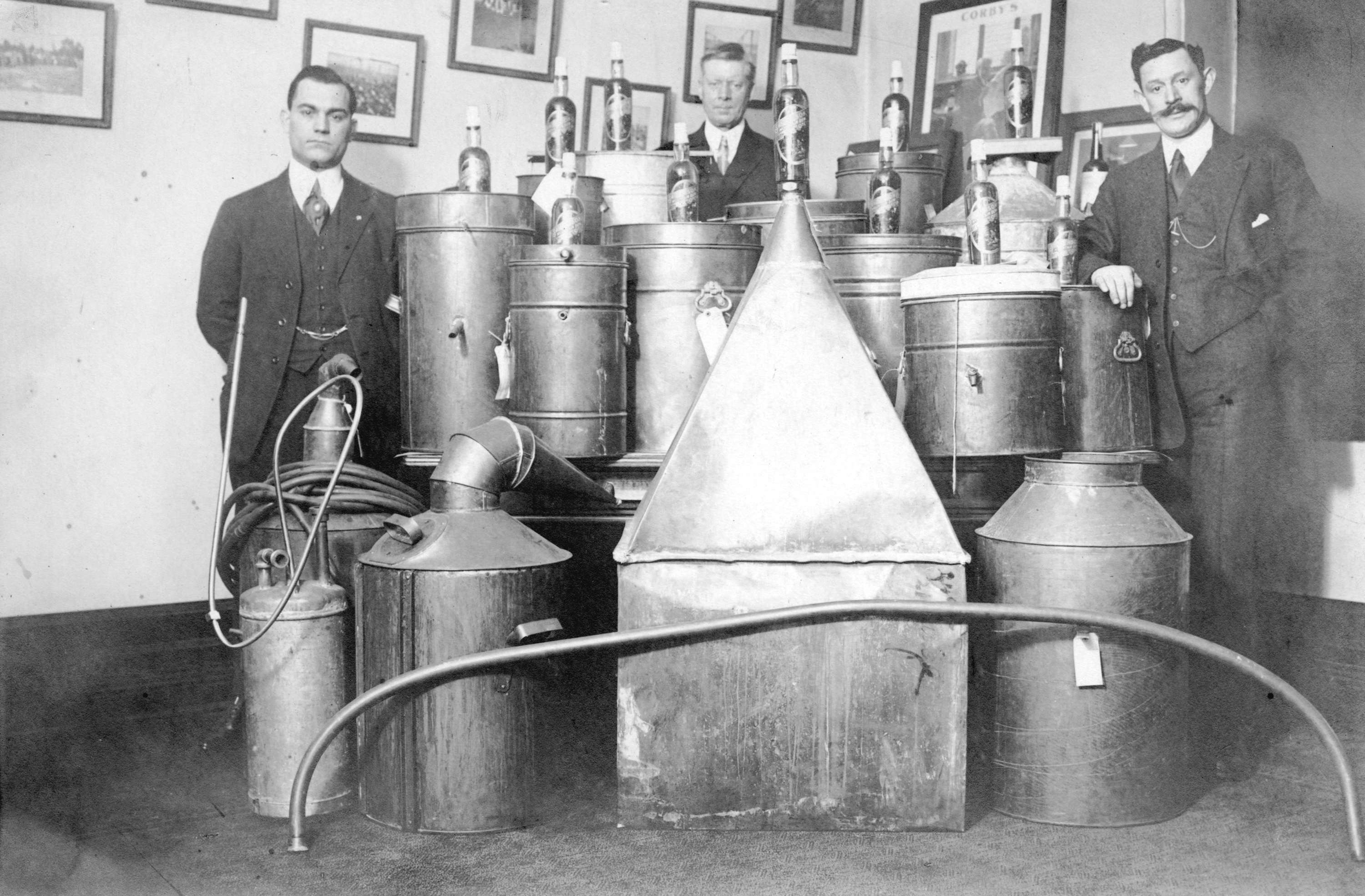Investing is a constantly evolving field, with new opportunities arising all the time. One sector that has caught the attention of many savvy investors is the liquor industry. With its consistent demand and potential for high returns, investing in liquor has become an enticing option for those looking to diversify their portfolios.
In this article, we will explore the world of liquor stocks, compare two prominent companies in the industry, delve into the global liquor market, discuss different investment strategies, assess the pros and cons of alcohol investments, provide tips for successful alcohol investments, and highlight investment tools and resources available to aspiring alcohol investors.
By the end of this article, you’ll have a clearer understanding of whether investing in liquor is right for you.
Understanding Liquor Stocks
Investing in liquor stocks allows individuals to gain exposure to the potential profits and growth of companies involved in producing or distributing alcoholic beverages. These stocks are traded on various stock exchanges globally.
To make informed investment decisions, it’s important to analyze factors such as company financials, market trends, and consumer preferences that influence their performance. By understanding these dynamics, investors can capitalize on opportunities within the liquor sector.
Comparing Diageo vs Constellation
Diageo and Constellation are two major players in the alcoholic beverage industry. Diageo, based in London, owns popular brands like Johnnie Walker and Smirnoff, while Constellation, headquartered in New York, is known for Corona Extra and Modelo Especial.
When comparing them, factors such as revenue growth, profitability, and debt levels provide insights into their financial health and potential for future growth. While Diageo has a broader range of spirits and a global presence, Constellation focuses more on beer and wine within the US market.
Understanding these differences is crucial for making informed investment decisions in the liquor industry.
The Global Liquor Market
The global liquor market is a multi-billion-dollar industry that continues to grow steadily. It encompasses various alcoholic beverages, such as spirits, beer, and wine, catering to diverse consumer preferences worldwide. The market is estimated to reach over $1.7 trillion by 2025 with a CAGR of 6%.
Leading companies like Diageo, Pernod Ricard, Anheuser-Busch InBev, and Heineken dominate the industry with their strong brand portfolios and global distribution networks. These giants have successfully captured consumer attention through renowned brands like Johnnie Walker, Absolut, Budweiser, and Heineken.
As the market evolves and new opportunities arise, staying informed about trends and dynamics is crucial for investors looking to succeed in this dynamic industry.
Investing in Alcohol: How Do You Invest?
Investing in alcohol offers various options for investors. You can invest directly in individual liquor stocks or indirectly through ETFs or mutual funds focused on the liquor industry. Factors such as risk tolerance, investment horizon, and desired involvement should guide your investment strategy.
Assess these factors before making decisions to ensure a well-rounded approach that aligns with your financial goals.
Assessing the Pros and Cons of Alcohol Investments
Investing in the alcohol industry presents both benefits and risks that should be carefully evaluated. Alcohol products have historically shown consistent demand, making them an attractive option for investors seeking stable returns. The industry has also experienced periods of significant growth, offering potential for high returns on investment.
However, there are risks to consider. Regulatory challenges can impact profitability, and changing consumer tastes may affect the demand for certain alcoholic beverages. Market volatility and competition within the industry can also impact stock performance.
In summary, alcohol investments offer consistent demand and potential for high returns, but investors must be aware of regulatory challenges, changing consumer preferences, market volatility, and competition within the industry. Thorough research and staying informed about industry trends are crucial for successful alcohol investments.
Tips for Successful Alcohol Investments
Investors can achieve successful alcohol investments by diversifying their portfolio across related sectors such as bars/restaurants and liquor distributors. This spreads the risk and maximizes potential gains.
Balancing investments in different types of alcohol, including established brands and up-and-comers, provides a well-rounded exposure to the industry.
Staying informed about emerging spirits trends and popular brands is crucial for identifying new opportunities within the industry. Additionally, keeping track of regulatory changes impacting the liquor industry ensures investors can adapt their strategies accordingly.
By following these tips, investors can navigate the dynamic landscape of alcohol investments with confidence.
| Tips for Successful Alcohol Investments |
|---|
| A.Diversifying Your Portfolio with Other Industries |
| 1) Considering Related Sectors (bars/restaurants, distributors) |
| 2) Balancing Different Types of Alcohol Investments (brands, companies) |
| B.Staying Informed on Industry Trends and Market Conditions |
| 1) Researching Emerging Spirits Trends and Popular Brands |
| 2) Following Regulatory Changes Impacting the Industry |
Investment Tools and Resources for Aspiring Alcohol Investors
Investing in the liquor industry offers promising financial growth opportunities. To navigate this specialized market, aspiring alcohol investors can utilize various tools and resources. Online platforms provide real-time data on liquor stocks, allowing convenient monitoring of performance.
Financial advisors with expertise in the liquor industry offer valuable insights and guidance. Novice investors can access educational resources such as books, courses, and webinars to gain a comprehensive understanding of alcohol investments.
With these tools and resources, investors can make informed decisions and navigate the complexities of the sector confidently.
Conclusion: Is Investing in Liquor Right for You?
Assessing your risk tolerance and investment goals is crucial before deciding whether investing in liquor aligns with your financial objectives. By understanding these factors, you can make an informed decision about the potential benefits and risks associated with alcohol investments.
When weighing the pros and cons of investing in liquor, it’s important to carefully consider both sides of the equation. While there is the potential for lucrative returns in this industry, it’s essential to recognize the inherent risks involved as well.
By thoroughly evaluating these factors, you can determine if the potential rewards outweigh the risks for you personally.
To make an informed decision about investing in liquor, conducting thorough research is paramount. Analyzing financial indicators and staying informed about industry trends will provide valuable insights into market conditions and potential opportunities.
Additionally, seeking professional advice can provide further guidance based on their expertise and experience.
Investing in liquor offers an exciting venture for those willing to navigate the complexities of this industry successfully. By following these tips and utilizing available resources, you’ll be well-equipped to embark on a successful journey into this dynamic market.
Remember that staying informed and adaptable is key as market trends evolve, ensuring that your investment strategy remains aligned with your goals.
[lyte id=’avx5xlQ-4SU’]






